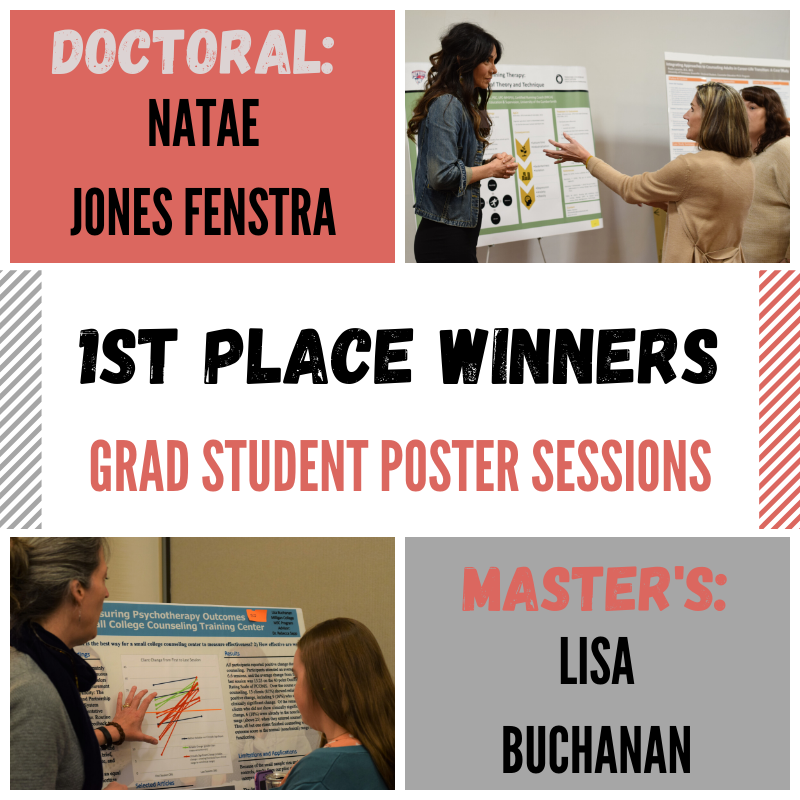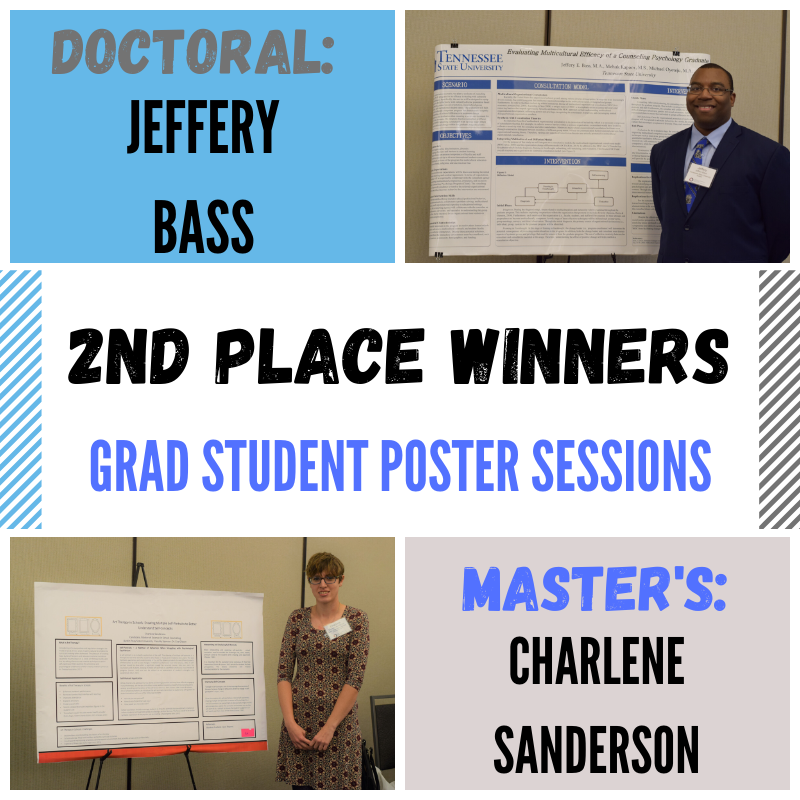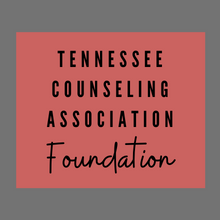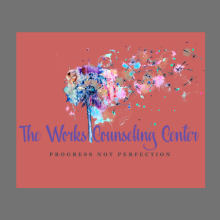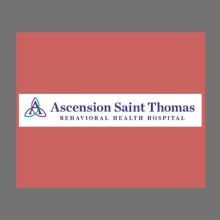Member Spotlight
What is your name?
Chris LaFever, MS, LPCC-S(KY), LCADC(KY), NCC
What TCA Chapter/Division are you a member of?
How long have you been a member of TCA?
1.5 years
How has TCA influenced your career or practice?
TCA has really become a professional home for me since I have moved back to Tennessee.
Share a little bit about your background and your journey to becoming a counselor.
I added psychology as a major while doing my undergrad. At Freed-Hardeman, the small university I attended, the counseling professors taught most of the undergrad psychology classes as well. Learning from them and the work of a counselor drew me to the profession. As I developed in the field I resonated with the strength-based and wellness-oriented approach that is infused into counseling. Prior to being a counselor education student at UTK, I worked with Four Rivers Behavioral Health, a community mental health center, in Paducah, KY for four and a half years. I really appreciated having supervisors and directors who had teaching hearts and helped me to grow in so many ways. I worked in a variety of roles while working with Four Rivers, including residential substance use treatment, school-based counseling, and even leading our primary care integration program for a time.
What is your current work setting?
In the fall of 2018, I returned to school. It has been a big adjustment, but I have learned so much and am grateful for the opportunities that the faculty of UTK have offered me. I am also grateful for the opportunity to work with the Center for Career Development. As a career counselor at the career center, I predominately work with many exploratory students helping them learn about themselves and explore careers and majors. This has been a place for me to learn more about the world of career counseling and still have the opportunity to work directly with clients/students.
Do you have a specialty or a particular area of interest?
I have spent a lot of time seeking a variety of experiences because I enjoy learning about new things and working with a variety of people. I have, however, worked a lot with people who have experienced trauma, substance use disorders, and depression. In research, I have begun exploring professional identity development, multicultural concerns, and treatment specific approaches.
Take us through a typical day for you in your current setting/position.
At the Center for Career Development, I teach a class which is sort of a group processing for exploratory students where we provide psychoeducation and try to help them reflect on how their interests, personality, skills, and values relate to different careers and majors. I also provide individual appointments for students and help with the development and implementation of programming and resources for students.
Do you have any career or practice aspirations moving forward?
I have really enjoyed working with students/clients but my goal of pursuing a counselor educator degree is that I want to give back to the profession by helping train the next generation of counselors. The work of counselors is so important and whatever ways I can do to contribute to the further work of the profession that is what I want to do.
What advice would you give a counselor-in-training entering the field?
Use your support network, take care of yourself, and push yourself out of your comfort zone.
Graduate school can be overwhelming. Whether full-time, part-time, or one class at a time, trying to balance personal and school is hard. In the program, you are asked to dig deeper and critically reflect on yourself, so it’s important to use your support network (e.g. family, classmates, friends, Chi Sigma Iota). These are the same relationships you will need in your professional life.
Similarly, self-care is an important habit to integrate into your lifestyle. When you are working with clients/students it can be emotionally taxing. However, you can’t be there for others if you are entirely drained. Give yourself the space and the grace so that you can be the best you can be.
Finally, push yourself. You have the opportunity to learn, explore, and grow while having the support of your program. Learn about new things, challenge your biases, and lean into the discomfort. Being involved with professional organizations is a great example of this. Talk to a professional, go to a continuing education session on something you don’t know about, and build relationships. Being a counselor is being a lifelong learner so that you can provide the best service possible to your students/clients.
Is there anything that I didn’t ask you that you would like to share with your fellow TCA Members?
The relationships and experiences I have gained in a short time in TCA are ones that will have a lasting impact wherever my road may take me. February 18th, I got to meet with my legislators and talk to them about the counseling profession. It was a great experience where I got to know some colleagues better. I am excited about a great learning opportunity upcoming at SMCA’s Conference on February 29th at UTK’s student union. With Dr. Steve Zanskas, President of TCA and Associate Professor at the University of Memphis, and Jordan Tatom, 2018-2019 Tennessee School Counselor of the Year and School Counselor at Liberty School, will be presenting on the strength of collaboration along with 24 break out sessions. I am so excited for all the knowledge and ideas that will be exchanged!
Do you know a TCA member who is engaged in leadership, research, innovation, or service? If so, we would like to feature them in an upcoming blog post! Fill out the link below to nominate someone to be featured in the Member Spotlight section today!
Member Spotlight Nomination Form: https://forms.gle/uciVkHwEDpYhTbg96
Awareness Highlight:
National Eating Disorders Awareness Week
Click the link to view more Eating Disorder Statistics or go on social media and search the hashtag #NEDAwareness to learn more!
Publications Committee
Do you have content you would like to contribute to the TCA Blog? Email [email protected] with your ideas, submissions, or suggestions for improvement!

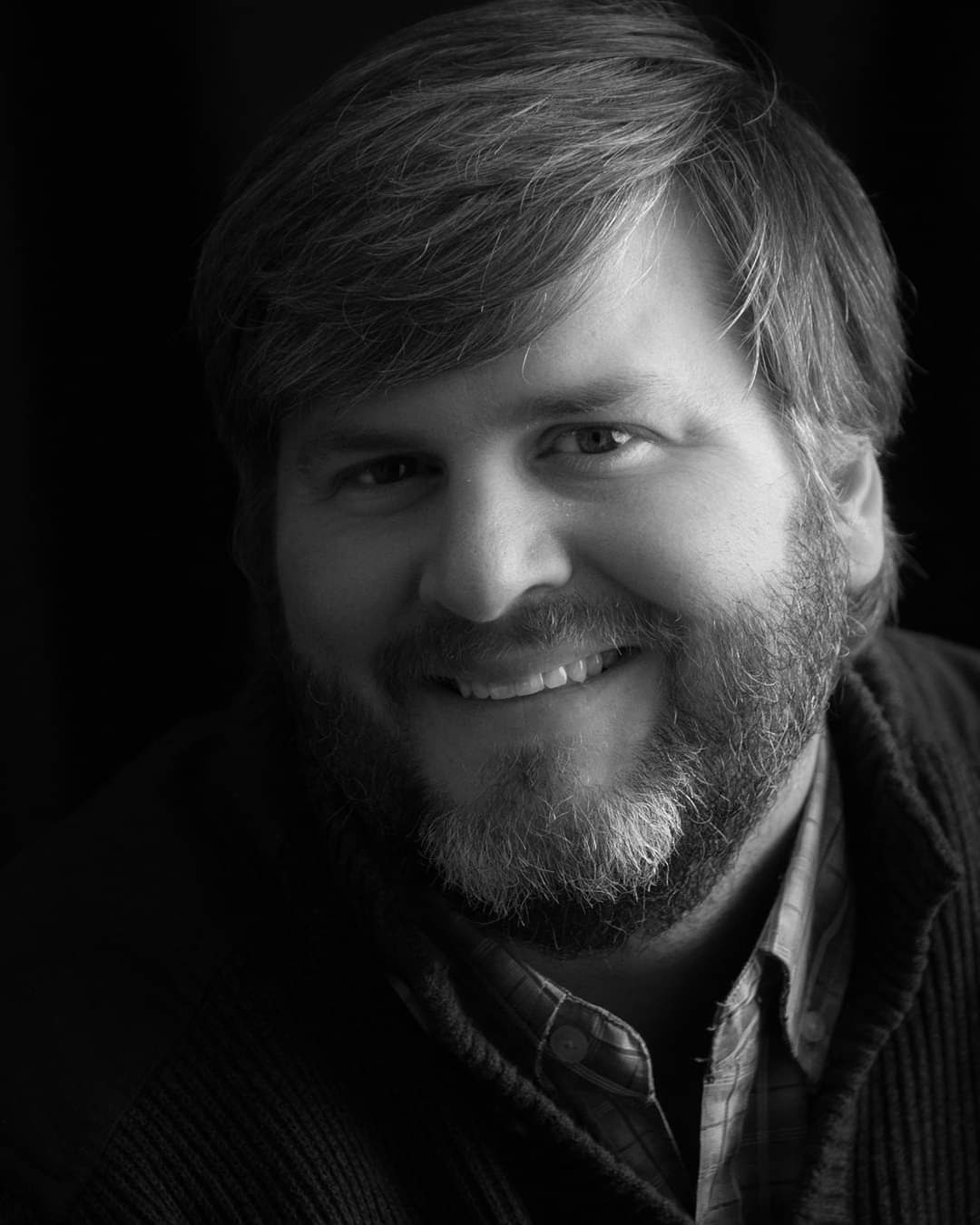 What is your name?
What is your name? 
